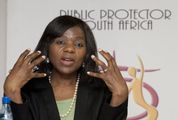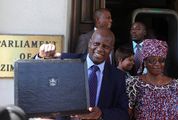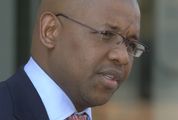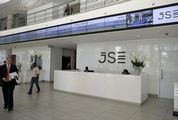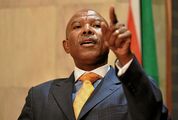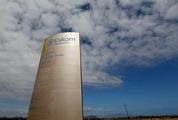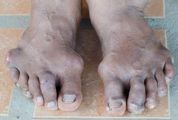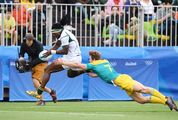AFTER the memorial service of Nelson Mandela on Tuesday, a foreign correspondent remarked that politics were never far from the surface in South Africa.
He was talking about the infamous booing of President Jacob Zuma and the strife or friction it exposed to the world.
The booing was open to interpretation. Was it just internal African National Congress (ANC) politics, an opportunity for the anti-Zuma province to embarrass him on the global stage? Or was it something bigger, the start of widespread public discontent against the ruling party? Was it the Economic Freedom Fighters? It’s far too early to say, and too early for anyone to be drawing conclusions about the intent of the booing.
Not the South African Broadcasting Corporation (SABC), though. According to City Press, it was not just the crew streaming images onto the stadium monitors that began to change what they showed due to the booing — you will recall that every time Zuma came on the screen, the booing started up again. Apparently various attempts were made to censor those images.
"In the SABC news studio, the crisis was managed, according to insiders, by Nyana Molete, the national TV news editor. Sources say he strode into the control room in Auckland Park calling: ‘Cut away! Cut away! Cut away!’ This, they say, was in line with the decision in a meeting before the broadcast to avoid broadcasting any incident that might embarrass the ANC leadership," the newspaper said.
"City Press believes presenters in the field complained about the control room instructions, which put them on the spot. Commentary was steered away from the booing."
In his response to the article, SABC spokesman Kaiser Kganyago said the public broadcaster did not want to make "side-stories" the main story. But that was the problem with the memorial service, wasn’t it? The side stories. It was an event ultimately consumed by other agendas, and if you’re the conspiratorial type, you might feel it was a fitting send-off for a man whose legacy was hijacked by special interests a long time ago. And everywhere else you looked, that’s what people talked about. It was the talk of the day. Would we have been so embarrassed about it if it wasn’t?
So why contest it? Why not show the truth about what happened? The mind immediately leaps to the news that acting chief SABC operating officer Hlaudi Motsoeneng wanted 70% positive news from the state broadcaster. He said: "The media normally focus on the negative publicity. I believe, from the SABC’s side, 70% should be positive (news) stories and then you can have 30% negative stories. The reason I am championing this is because if you only talk about the negative, people can’t even try to think on their feet. Because what occupies their mind is all this negative stuff.
"My thinking is when you deal with positive stories, you are building a nation. You are building the future of the kids. That is what I believe all of us in the media should do."
Was the censorship of the booing an effort to shape the news agenda according to this brief? By making this decision, the SABC has made an editorial decision about covering the president. Oddly, I believe Zuma’s embarrassment could work in his favour, if his KwaZulu-Natal supporters took a dim view to it. He was facing an audience in a province where the ANC doesn’t like him very much, and could work to galvanise his Zulu stronghold in the coming elections, and within the party itself. I can’t stress enough how one could interpret the booing in many ways.
As it is, this news only serves to corrode what little trust we had left in the SABC.


